Leadership and Management: Past, Present, and Future Report
VerifiedAdded on 2023/01/23
|17
|890
|95
Report
AI Summary
This report delves into the core concepts of leadership and management within the service industry, examining classical management theories such as scientific and bureaucratic approaches. It explores Handy's organizational culture model, highlighting power, role, task, and person cultures, and their relevance. The report outlines the roles of leaders and managers, differentiating between them and discussing various leadership styles like autocratic and democratic approaches. A key aspect is the review of management and leadership styles at Wa-Pila hotel, emphasizing the democratic style and its benefits. The report concludes with a comparison of scientific and democratic styles, emphasizing their advantages and disadvantages. The report utilizes references to support the analysis of leadership and management principles and practices.
1 out of 17
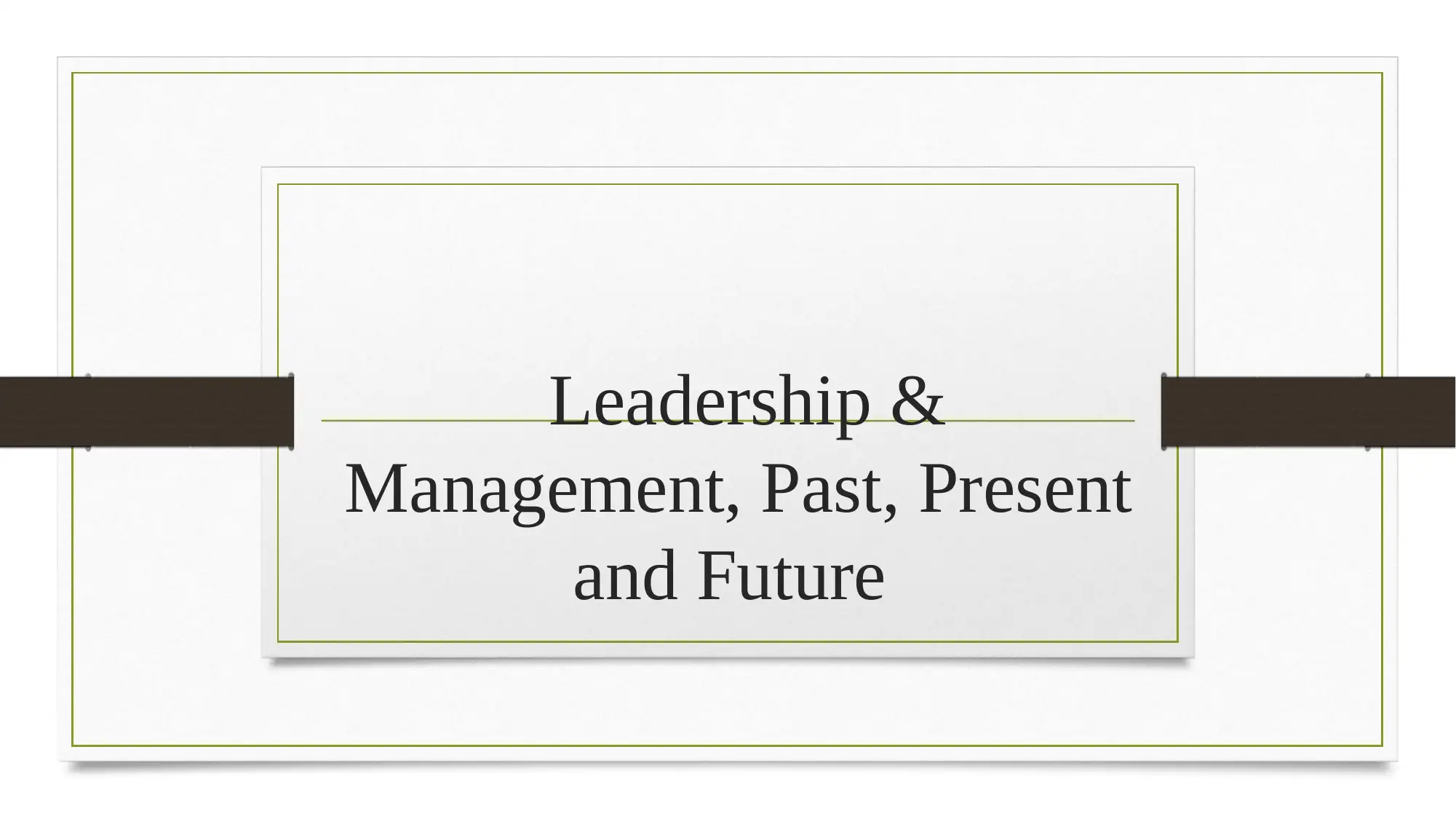
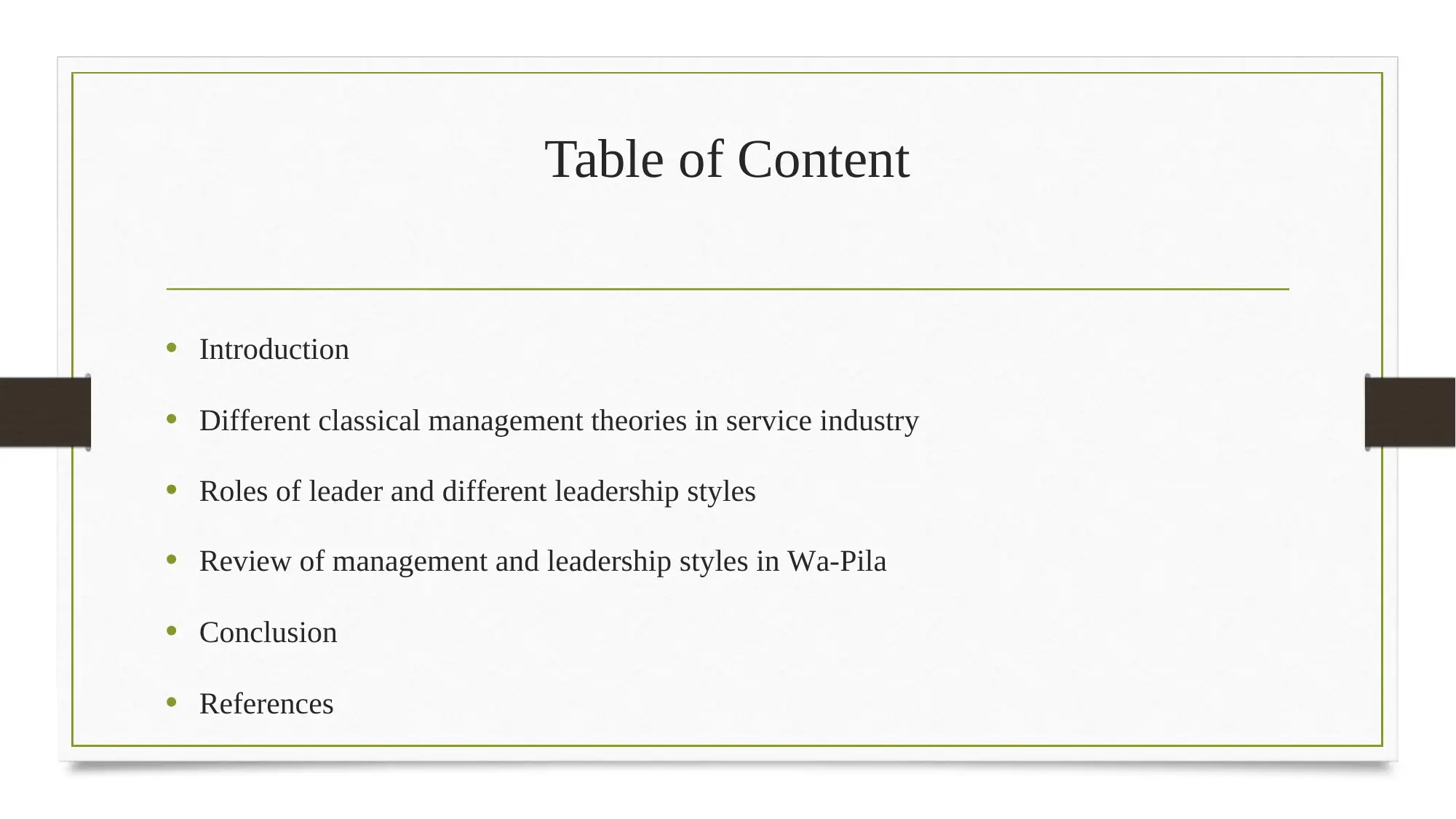
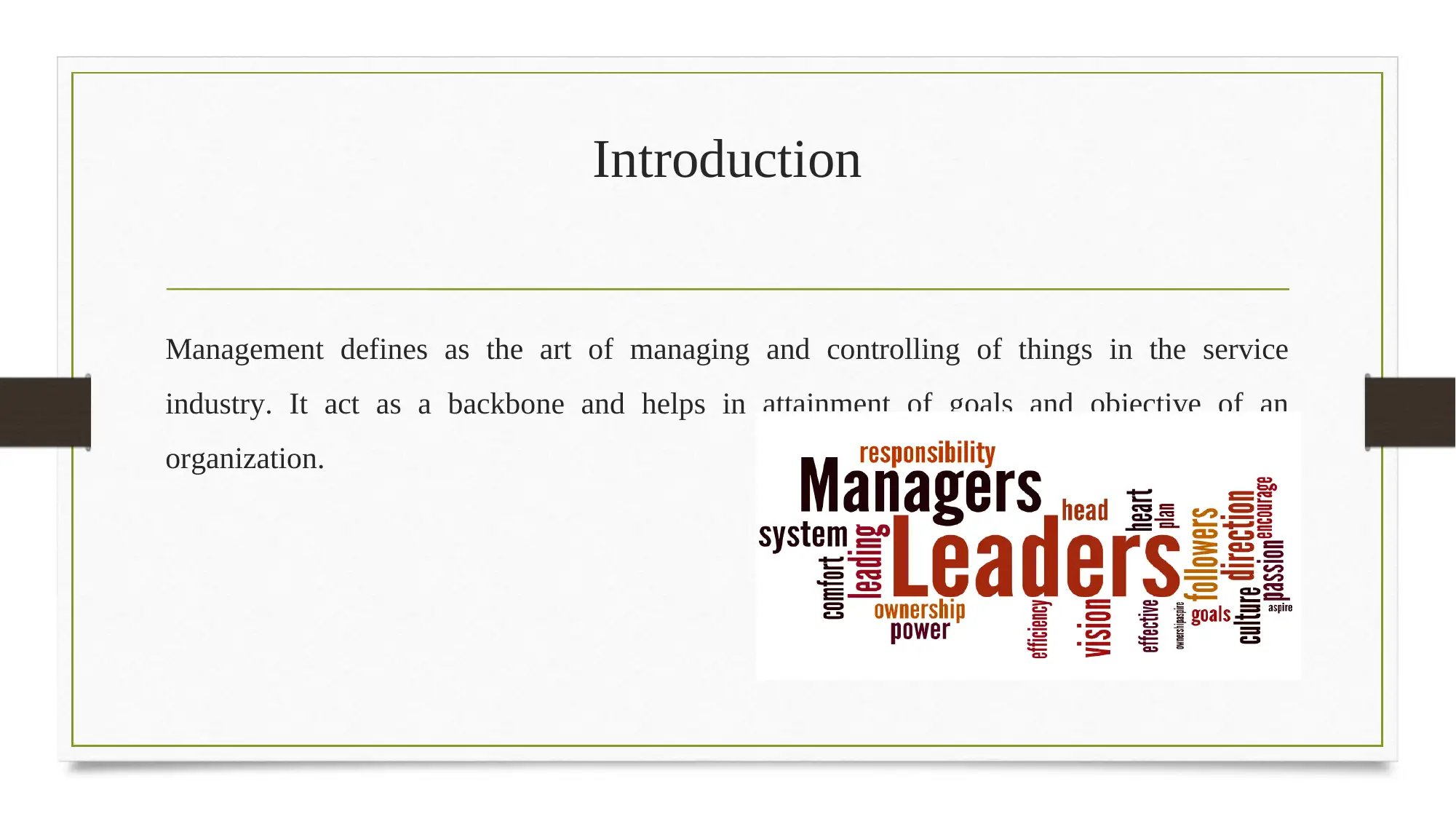

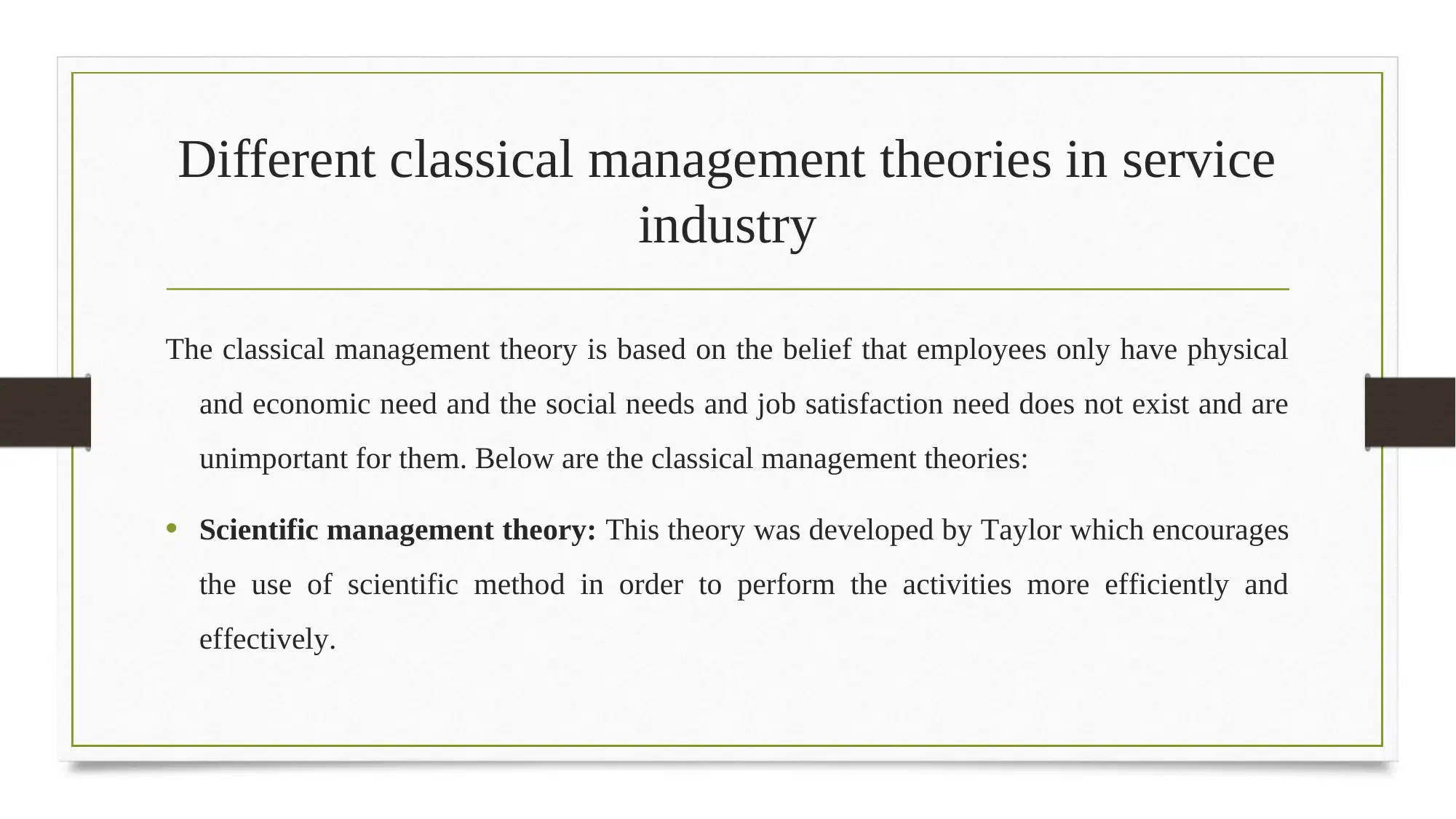
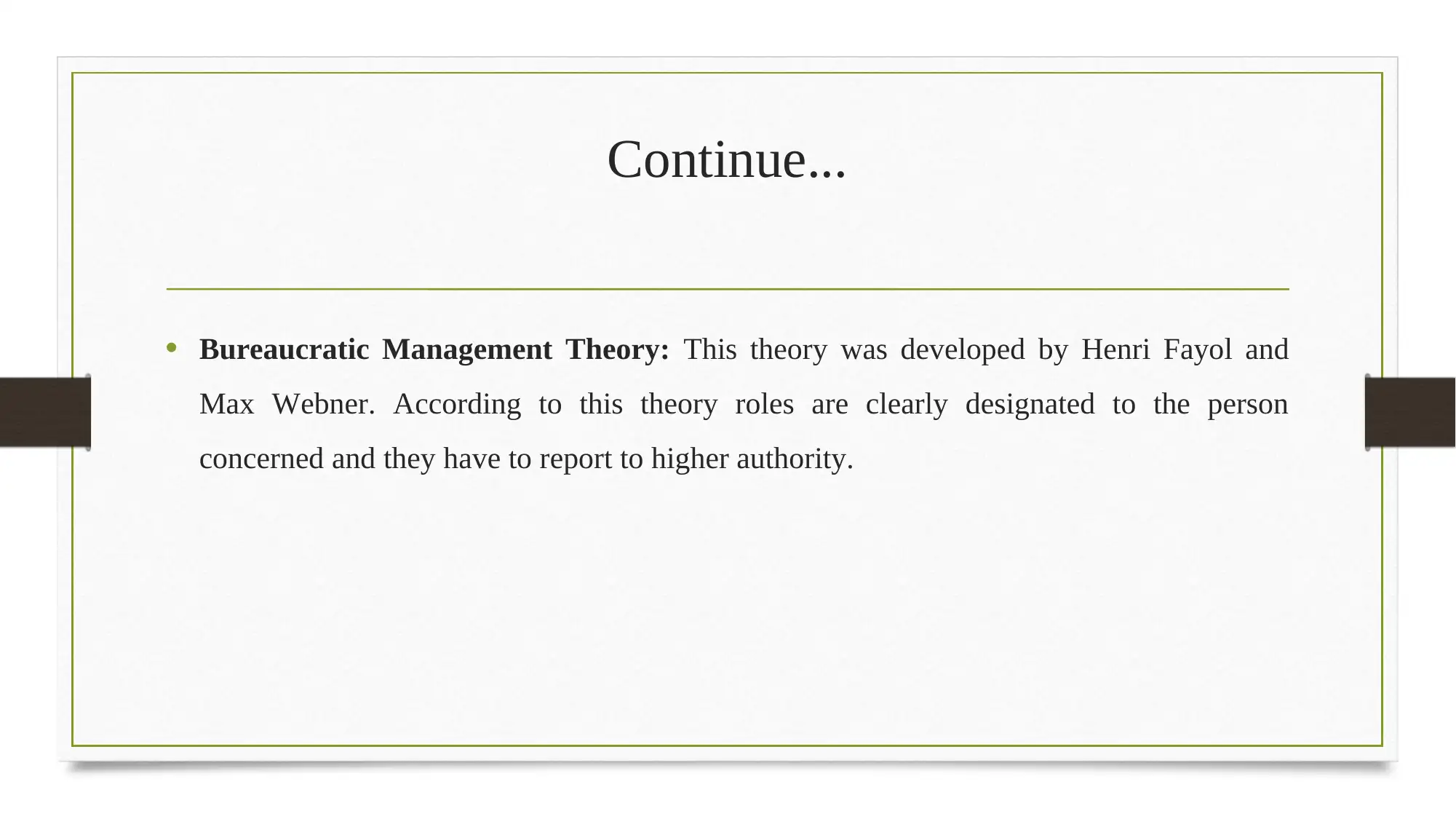
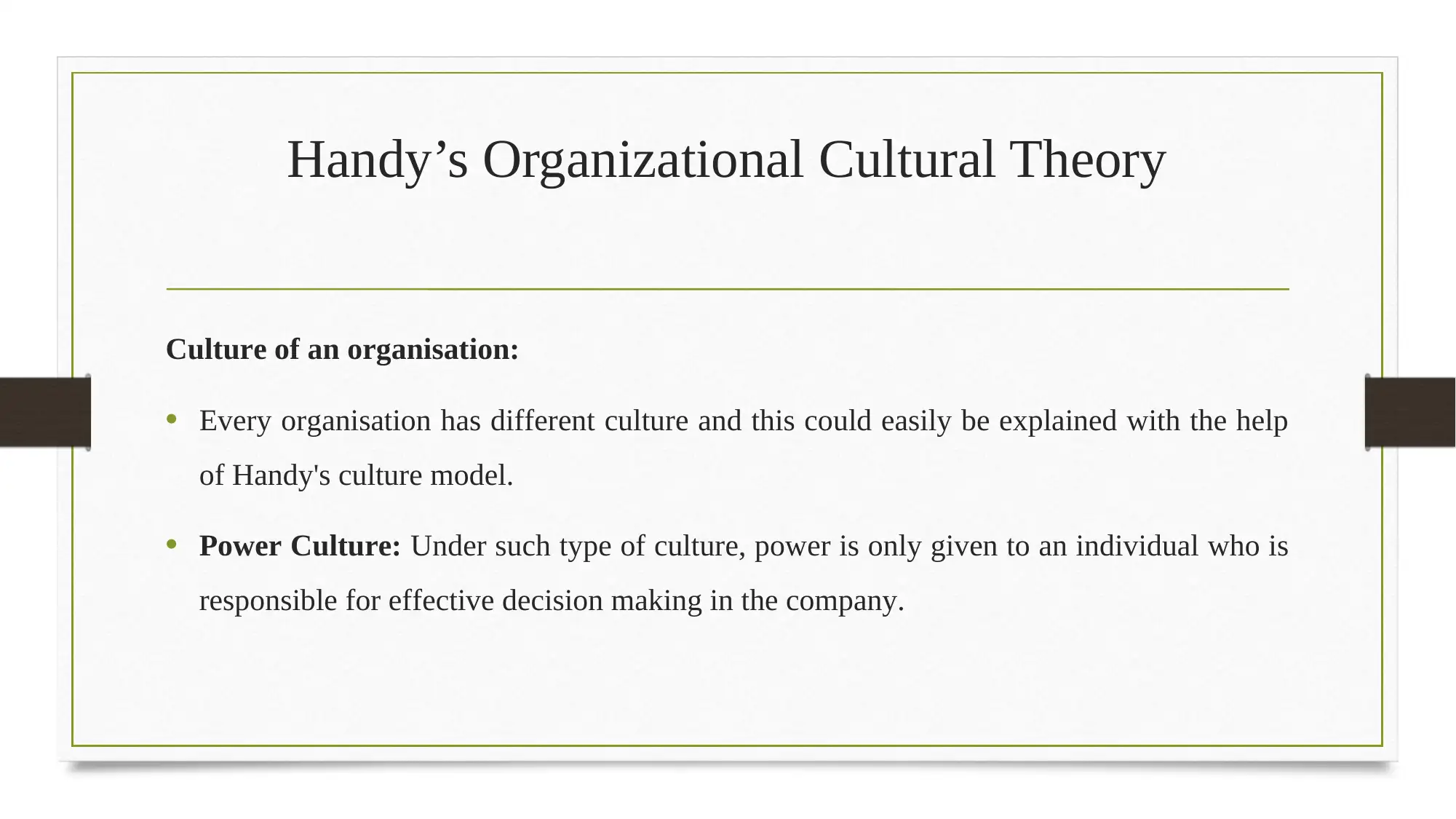
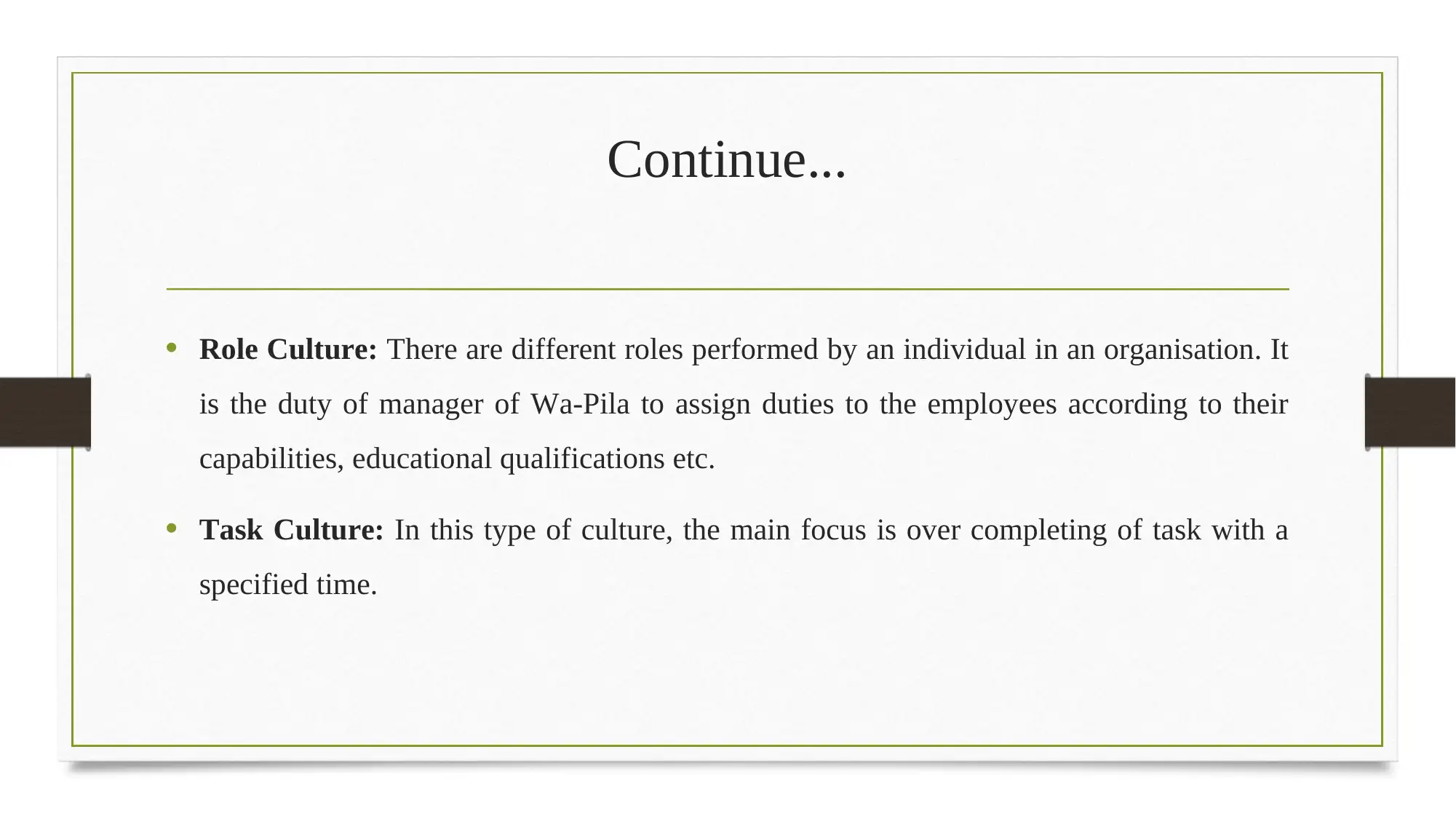
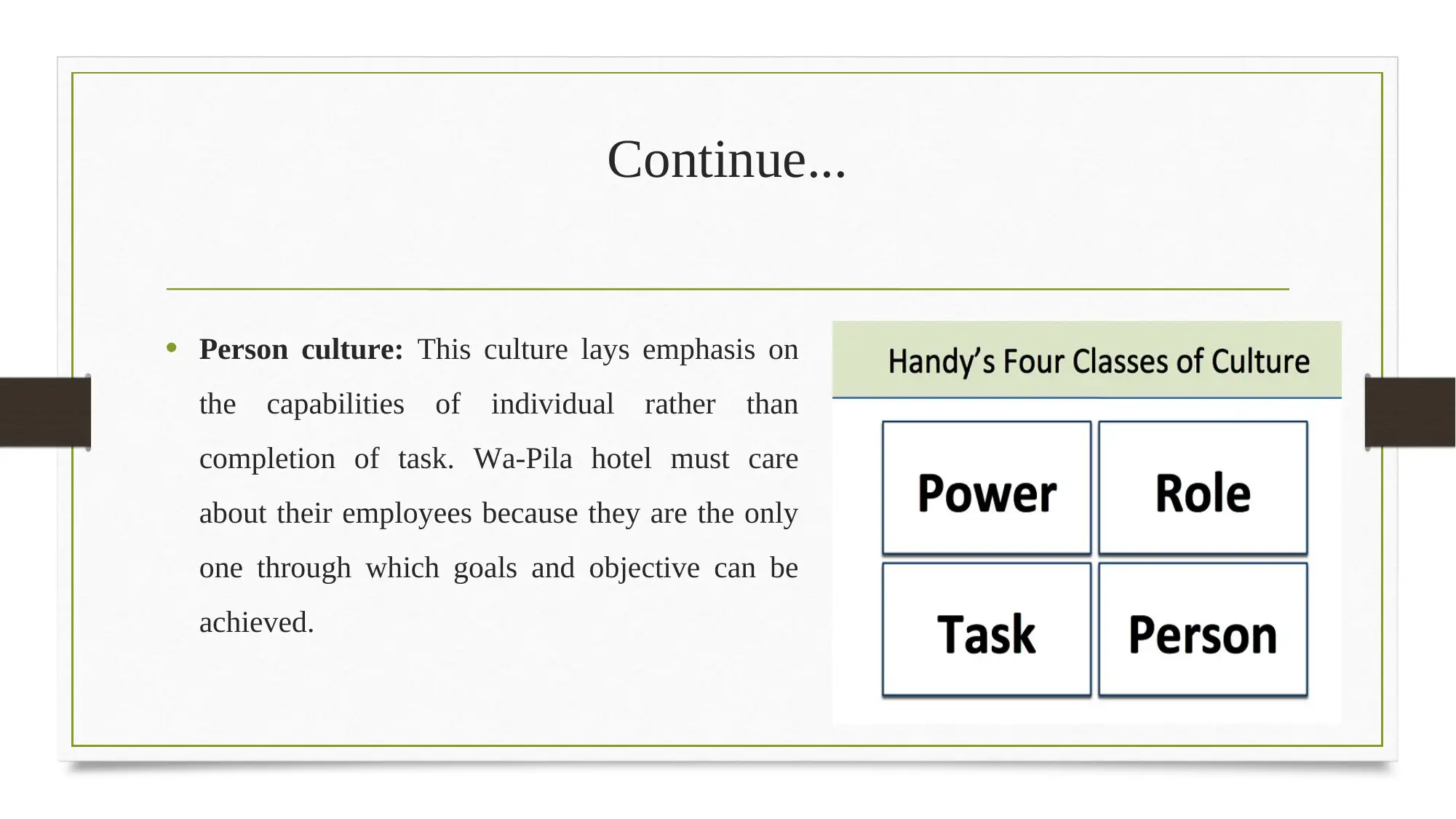
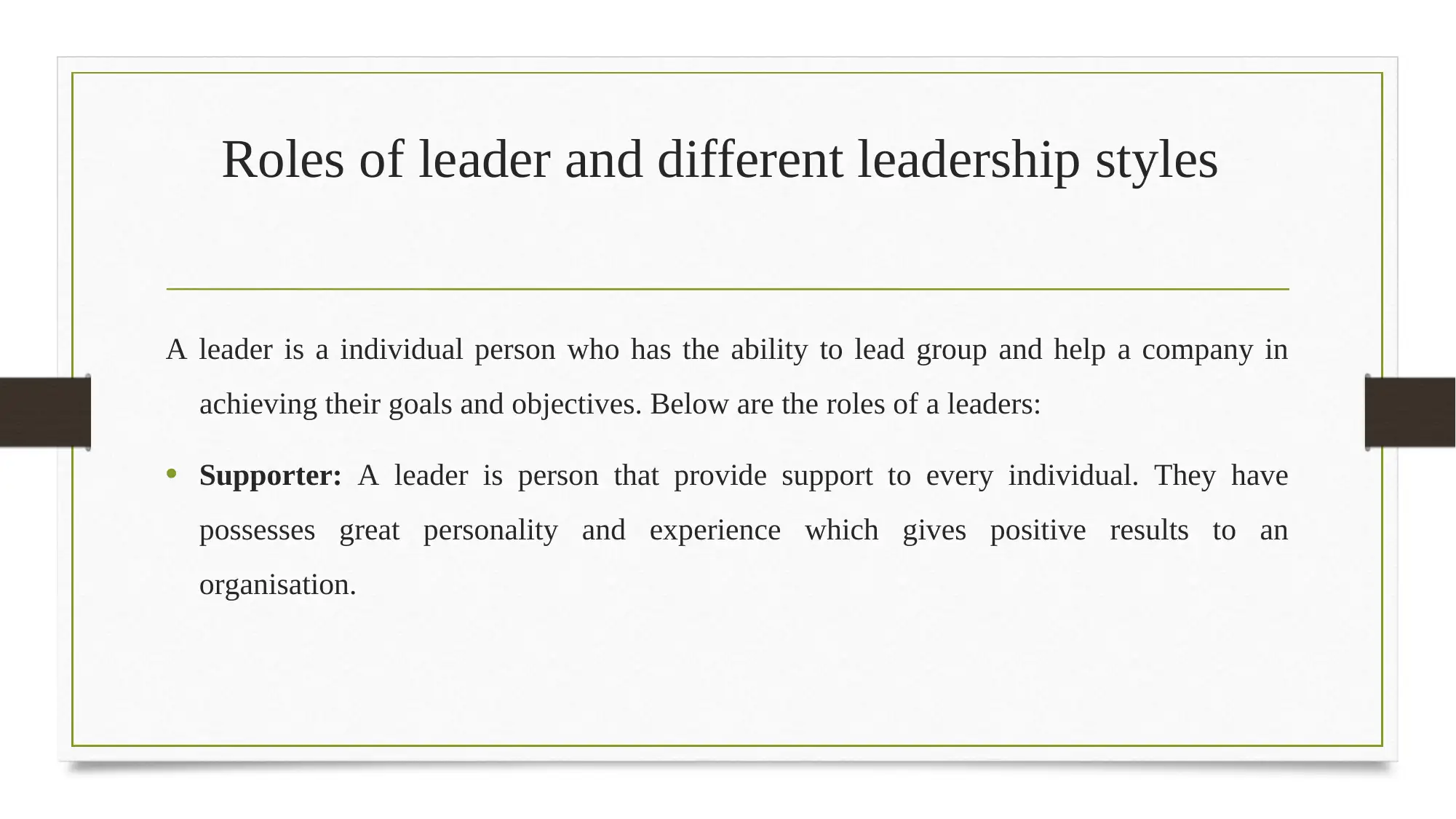
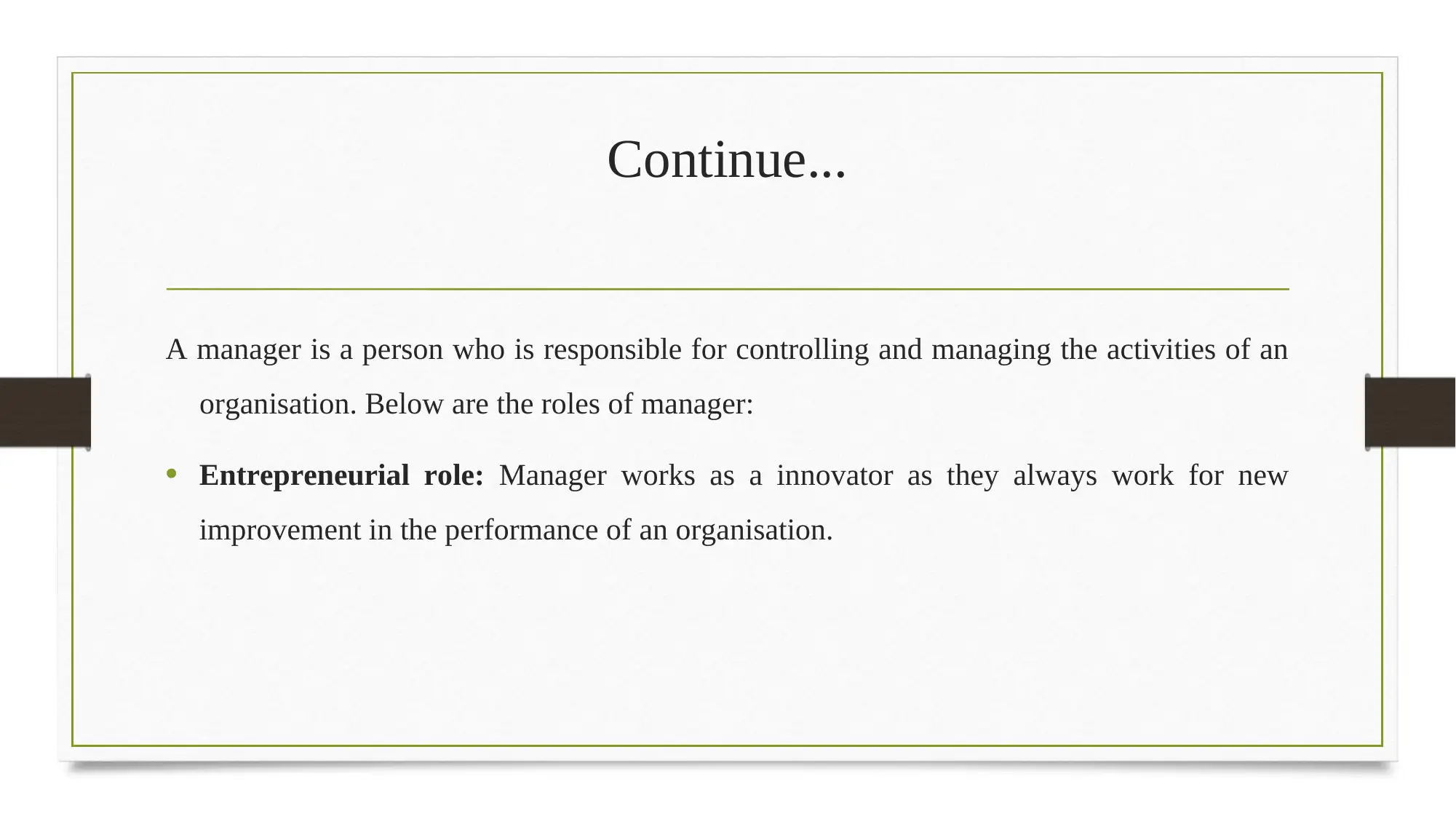
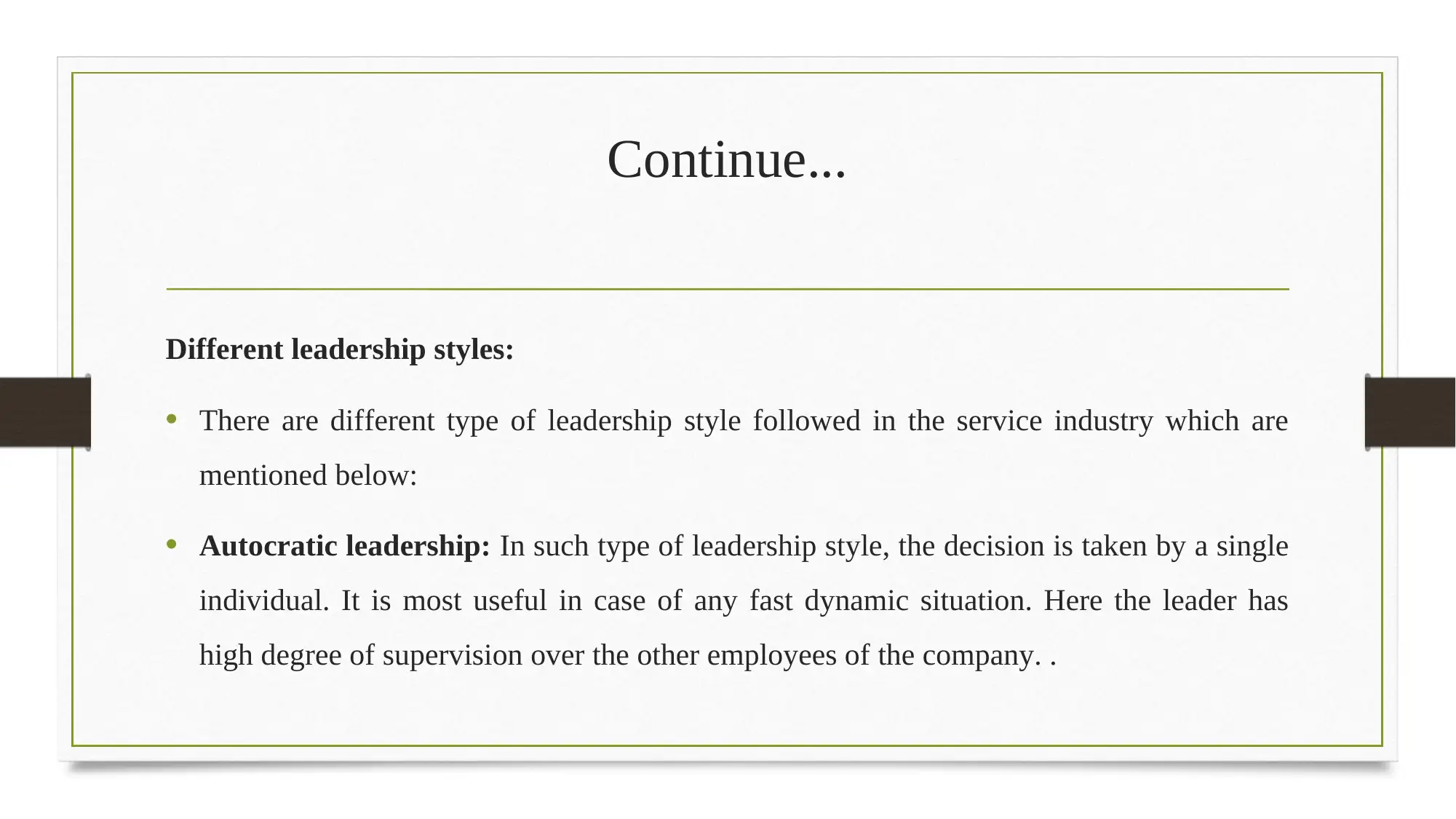
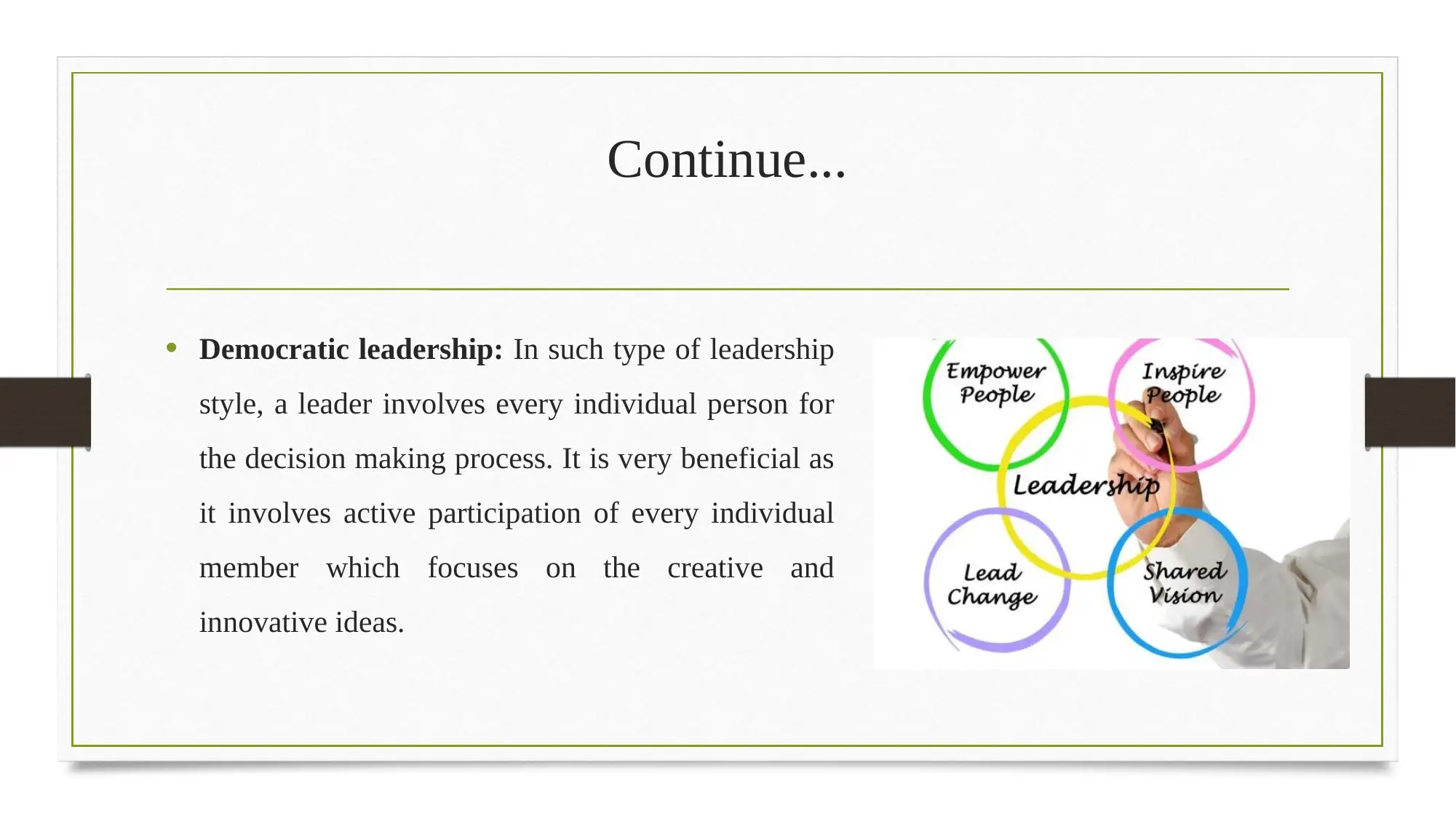






![[object Object]](/_next/static/media/star-bottom.7253800d.svg)